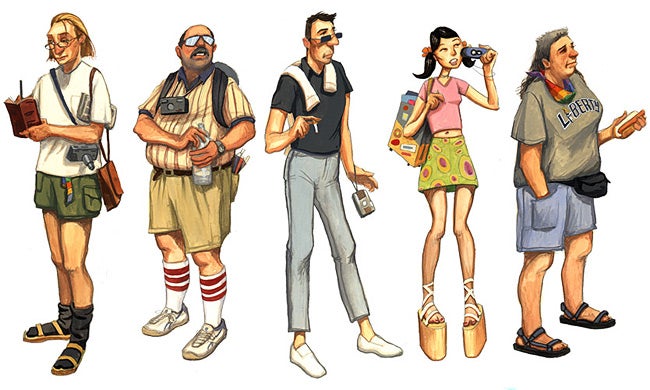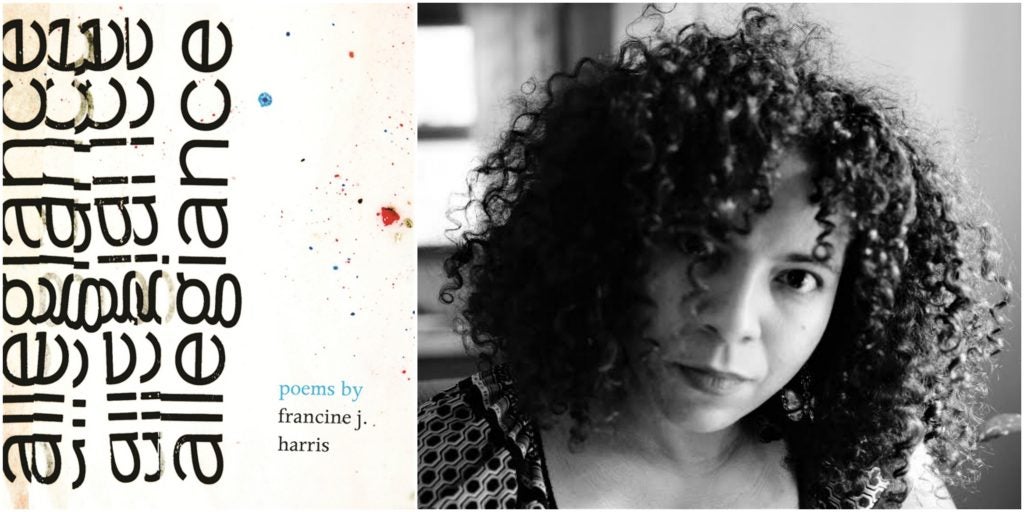Everybody Hates Tourists
by A.L. Major
I never want to seem like a tourist. I would rather ride the 3 train from 145th street in Manhattan down to Rockaway Avenue in Brooklyn before glancing at a subway map or asking for directions from a grim-faced New Yorker who wants nothing to do with me. The first time I went to New York city in twelfth grade, I blushed (as much as my dark skin would permit) when I noticed that my starch-pressed khaki skort and aqua-blue flip flops signaled to New Yorkers my obvious tourist status. I avoided Times Square because tourists congested the sidewalks and snapped photos of the brightly lit billboards. In Ireland, I was the worst tourist I could be: me and forty raucous Vassar College Rugby players. At all hours of the night, we squawked drunkenly, bellowed, jogged through Dublin side streets as if the city was our playground. When I say I dislike being a tourist, I don’t mean to suggest people shouldn’t travel. We should just travel better than we do.
Everybody Hates Tourists Read More »
by A.L. Major
I never want to seem like a tourist. I would rather ride the 3 train from 145th street in Manhattan down to Rockaway Avenue in Brooklyn before glancing at a subway map or asking for directions from a grim-faced New Yorker who wants nothing to do with me. The first time I went to New York city in twelfth grade, I blushed (as much as my dark skin would permit) when I noticed that my starch-pressed khaki skort and aqua-blue flip flops signaled to New Yorkers my obvious tourist status. I avoided Times Square because tourists congested the sidewalks and snapped photos of the brightly lit billboards. In Ireland, I was the worst tourist I could be: me and forty raucous Vassar College Rugby players. At all hours of the night, we squawked drunkenly, bellowed, jogged through Dublin side streets as if the city was our playground. When I say I dislike being a tourist, I don’t mean to suggest people shouldn’t travel. We should just travel better than we do.








